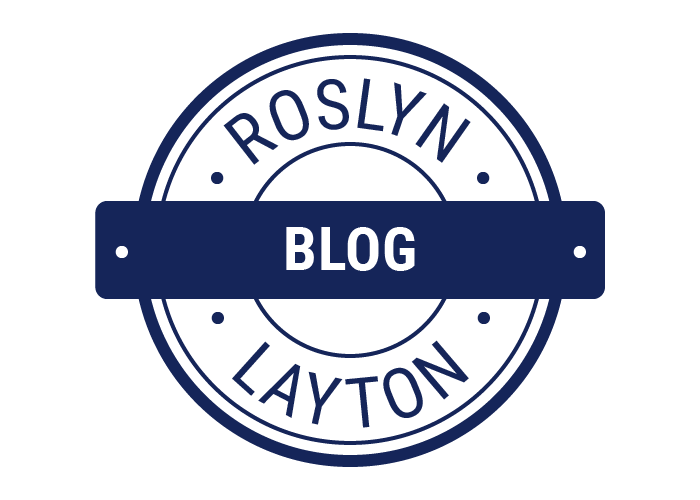In An Era Of Deregulation, Why Is The STB Re-Regulating The Freight Railroads?

Over two days, the little-known Surface Transportation Board (STB) will convene a closed-door hearing with a litany of special interest groups asking to regulate shipping prices to favor their business. This is Washington at its worst: industry making backroom deals with bureaucrats and politicians. In a free and open marketplace, companies are not favored by government regulation; they serve their customers and face the force of competition. But when the STB signals they’re open for business, industry will sign up to serve the regulators.
President Trump made a campaign promise to break the power of special interests which use the bureaucracy to win favorable regulation. His administration has removed some of the worst regulations, particularly those which have the opposite of their intended effects. Moreover, the Office of Management and Budget has made a bold plan to reshape government for the 21st Century, with common sense proposals such as merging the Departments of Education and Labor into a single entity, the Department of the Workforce.
However, when we look at the federal budget now approaching $5 trillion (almost one-third of the entire gross domestic product of the country), sadly, this administration has fallen short of the goal of reducing government. While some regulations may be gone, the regulatory agencies that make them are still around. Indeed, many of these agencies are trying to make new regulations, many of which have little to do with protecting the American people.
The STB began its life as the Interstate Commerce Commission (ICC) in 1887, the result of agricultural interests to consolidate their power over the railroad industry. For example, if given the opportunity, a grain supplier would prefer that the government to set the shipping price as close to zero as possible instead of engaging in the market. Thus, began the tortured history of the regulator deciding the prices that railroads could charge with brute attempts to find prices that covered the actual cost of building the railroad. This proved quite inefficient, so much so that the U.S. did not have adequate rail infrastructure needed to ship munitions for World War I. In the meanwhile, new forms of transportation emerged that proved more convenient and flexible than regulated rail, such as trucks. By the 1970s, when the ICC reached its height of over 2,000 employees, Congress began the long overdue process of deregulation. Unsurprisingly, freight railroad investment, safety, and quality surged. Congress continued further deregulation in 1996, and the organization was renamed the Surface Transportation Board.
Over its life, different industrial constituencies have paid tribute to the STB with the hope of getting preferred rates, whether chemicals, lumber, fertilizer, or even corn refiners. On the flip side, other industries choose different solutions to ship their goods, especially energy providers which want to control their distribution by building pipelines. Others use barges/ships, planes, trucks, or drones, or a combination. That any company or industry gets its preferred regulator is at odds with the modern market economy and information technology which improves parties’ ability to transact. There is no reason to have an STB in 2019, at least not one with its broad powers.
My recent paper “The signs and symptoms of regulatory obsolescence in network industries” describes what’s going on. In an effort to live beyond its useful life, The STB is looking for something new to regulate and spins a yarn that there is dire problem that only it can remedy. To cater to new constituencies, it rolled out a new website and updated its filing system. And to give the its closed door hearing the veneer of credibility, it set itself up in NASA’s headquarters to welcome the parade of well-capitalized trade associations asking for favors. Many of the companies represented by the American Chemistry Council, Freight Rail Customer Alliance, the Fertilizer Institute, and National Grain and Feed Association have a larger capitalization that than the total freight industry itself. These actors speak in a code on esoteric topics such as “revenue adequacy” which is a fancy way to say the government is taking your property. As economist Jerry Ellig notes, “Given the troubled history of rate regulation in the pre-Staggers era and the difficulty of making credible commitments to limit price regulation, the STB should exercise extreme caution in regard to any proposal for more extensive general rate regulation.” While the Constitution guarantees the freedom of association—like-minded people are allowed to organize, communicate, and petition, it does not provide the right to rent seek on the public dollar.
The STB was created to regulate only in uncompetitive markets, which is the exception in the freight rail market. Yet the Board wants to make this the rule regardless of the facts. The Trump Administration needs to deliver on making government smaller. Rationalizing a small agency such at the STB into the larger Department of Transportation, its logical home, is a reasonable suggestion and would make a salient proof point for the election.
Originally published in Forbes.